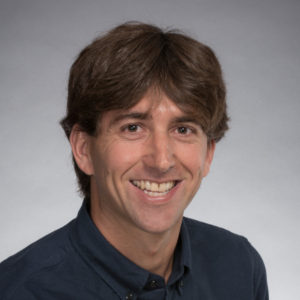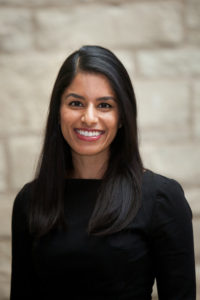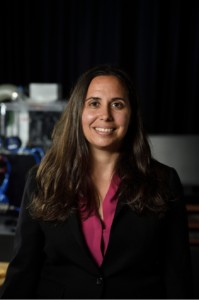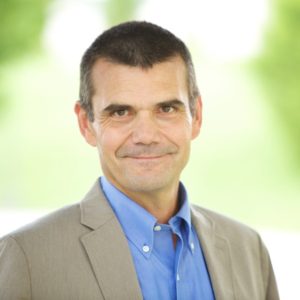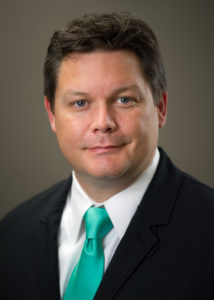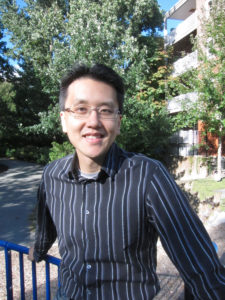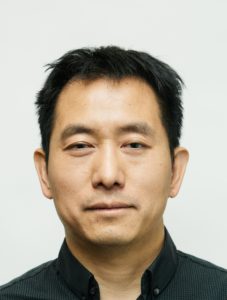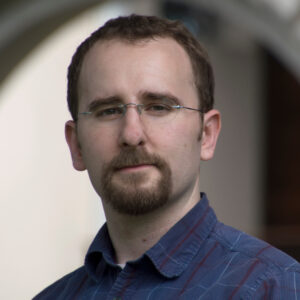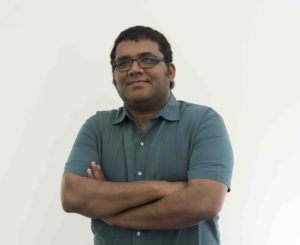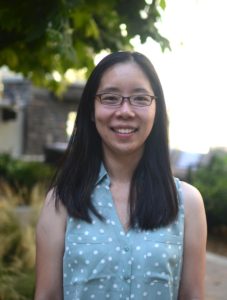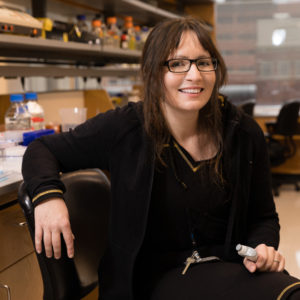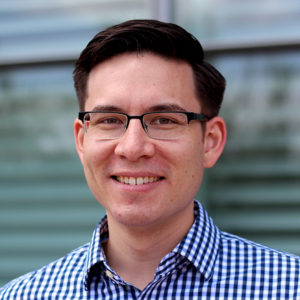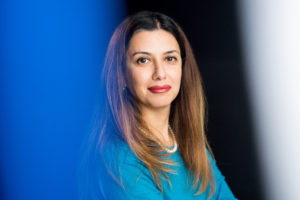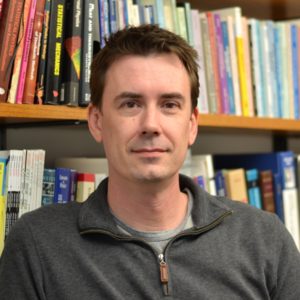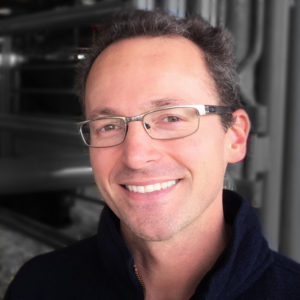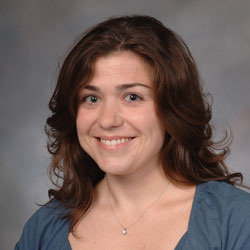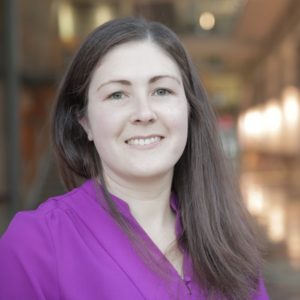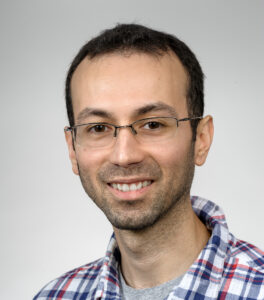Individual Members
-
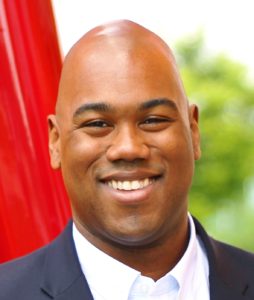
Kevin Solomon
Dr. Kevin Solomon is an Assistant Professor of Chemical & Biomolecular Engineering at the University of Delaware. His work studies animal microbiomes to develop novel microbial platforms for sustainable biomanufacturing and depolymerization of polymeric waste substrates. He holds a bachelor’s degree in Chemical Engineering and Bioengineering from McMaster University (Canada) and a PhD in Chemical Engineering from MIT. As part of his graduate work, Dr. Solomon developed new tools to increase biomanufacturing efficiency. His research and mentorship, at the intersection of metabolic engineering and synthetic biology, were recognized with multiple awards including a Lemelson Presidential Fellowship, an NSERC Julie Payette Award, and a Science Education Leadership Award from SynBERC. As a postdoctoral fellow at UC Santa Barbara, he applied the latest advances in sequencing technologies to study how anaerobic fungi degrade lignocellulose and identify new tools for synthetic biology. Using these techniques, he spearheaded efforts to molecularly characterize in depth a class of elusive microbes with tremendous potential for biofuel production, agriculture, and drug discovery. His work is supported by the NSF, DOE, private trusts and industry.
